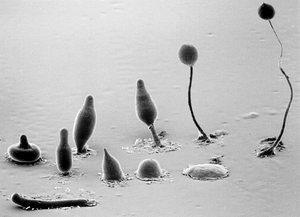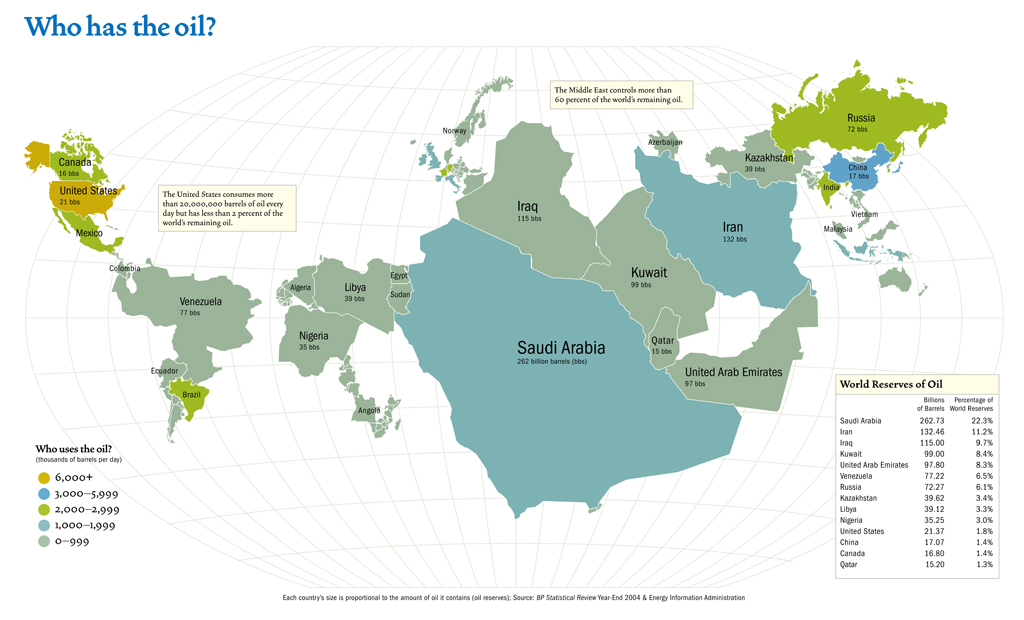From a religious point of view we see absolutes and abstractions, without exceptions.
From the point of view of politics we see accommodations and compromises.
From the point of view of ethics we see gradations, reservations, and qualifications.
From the point of view of law we see case by case adjustments, idealisitic principles and applications of them to well defined facts and a uncertainty with regard to the application of those principles to new facts.
Should you be able to conceive a child naturally, through surrogacy, or through in vitro fertilization if that baby is going to be used for a specific purpose later (e.g. cord blood for bone marrow transplant for another child)?
What if the embryo is going to be destroyed before implantation (or after transplantation) to be used for the specific purpose?
Should you be able to have a child if you use drugs or drink during pregnancy?
Should you be able to choose not to have a baby? Why, what reasons?
Should you be able to choose not to have a baby for any reason (i.e. gender, retardation, money)?
How should you be able to choose not to have a baby? By contraception? By morning after pill? By termination of the pregnancy?
Should you be able to choose not to have a baby by the selective reduction of implanted fertilized eggs?
Should you be able to refuse to have all of the fertilized embryos implanted?
Should you then be able to choose not to have a baby who is genetically related to you, by directing the clinic to destroy those fertilized embryos?
Should you be able to refuse to have a cesarean to save the life of the baby?
Should society be able to say "you must have this baby" or "you should not have this baby"?
Should society be able to say that you cannot have a posthumously implanted embryo?






 Synthravels is the first organization to offer a complete guide service to all the people who want to make a tour in virtual worlds without knowing these new realities, even if they have never put their feet in these strange, synthetic grounds. The tours and the destinations are chosen by the staff of Synthravels, composed by programmers, architects, experienced video gamers.
Synthravels is the first organization to offer a complete guide service to all the people who want to make a tour in virtual worlds without knowing these new realities, even if they have never put their feet in these strange, synthetic grounds. The tours and the destinations are chosen by the staff of Synthravels, composed by programmers, architects, experienced video gamers.

